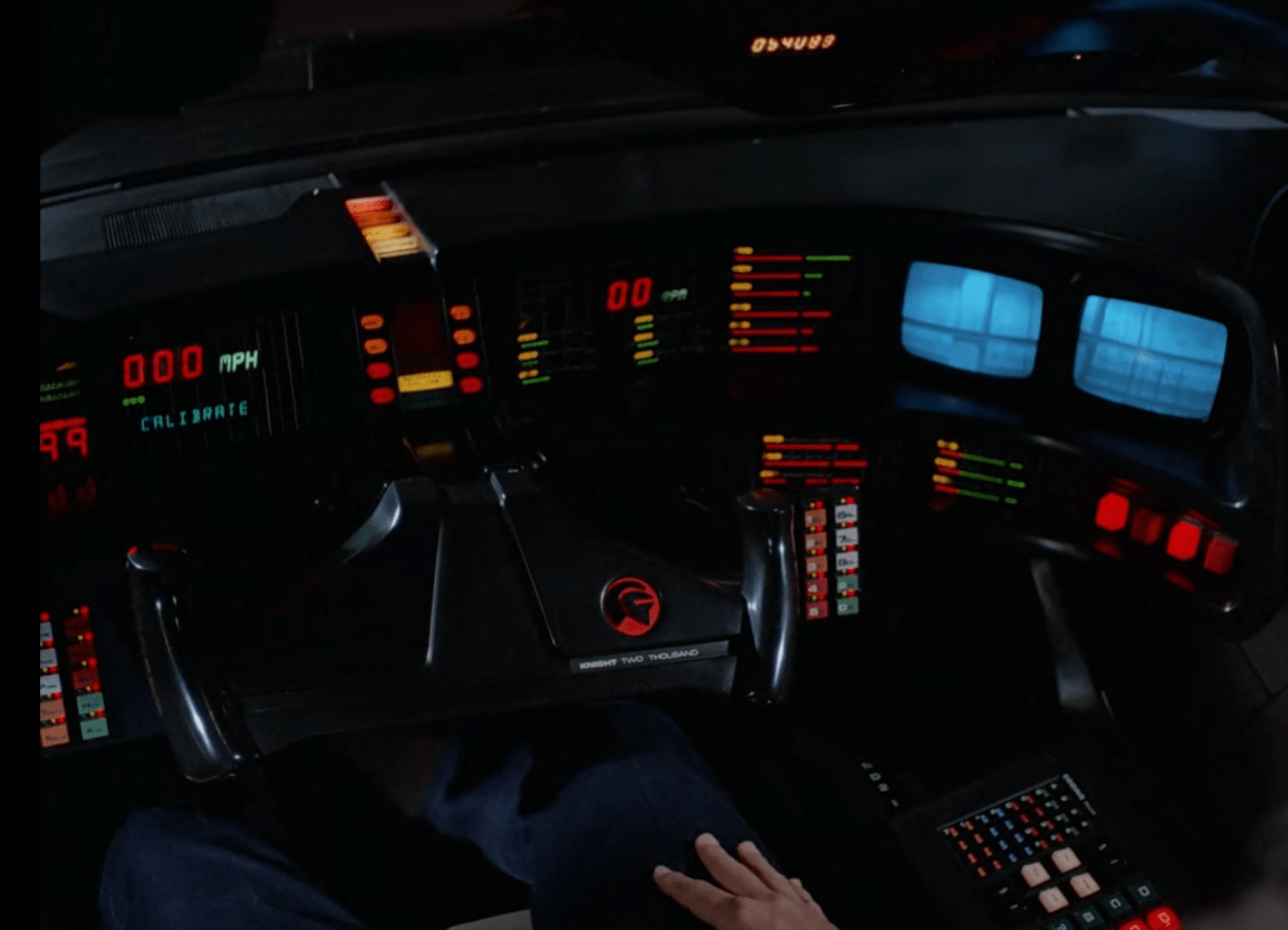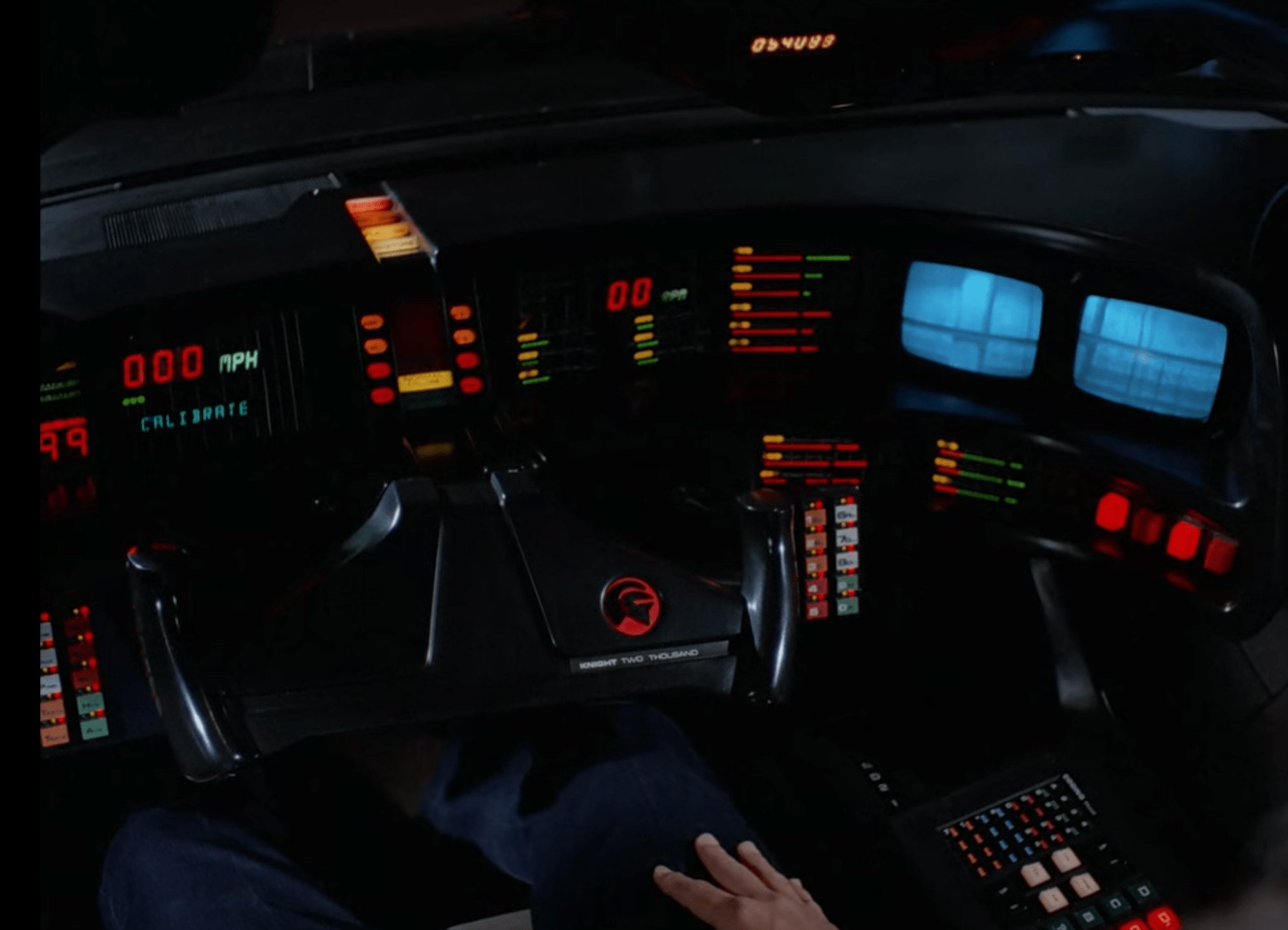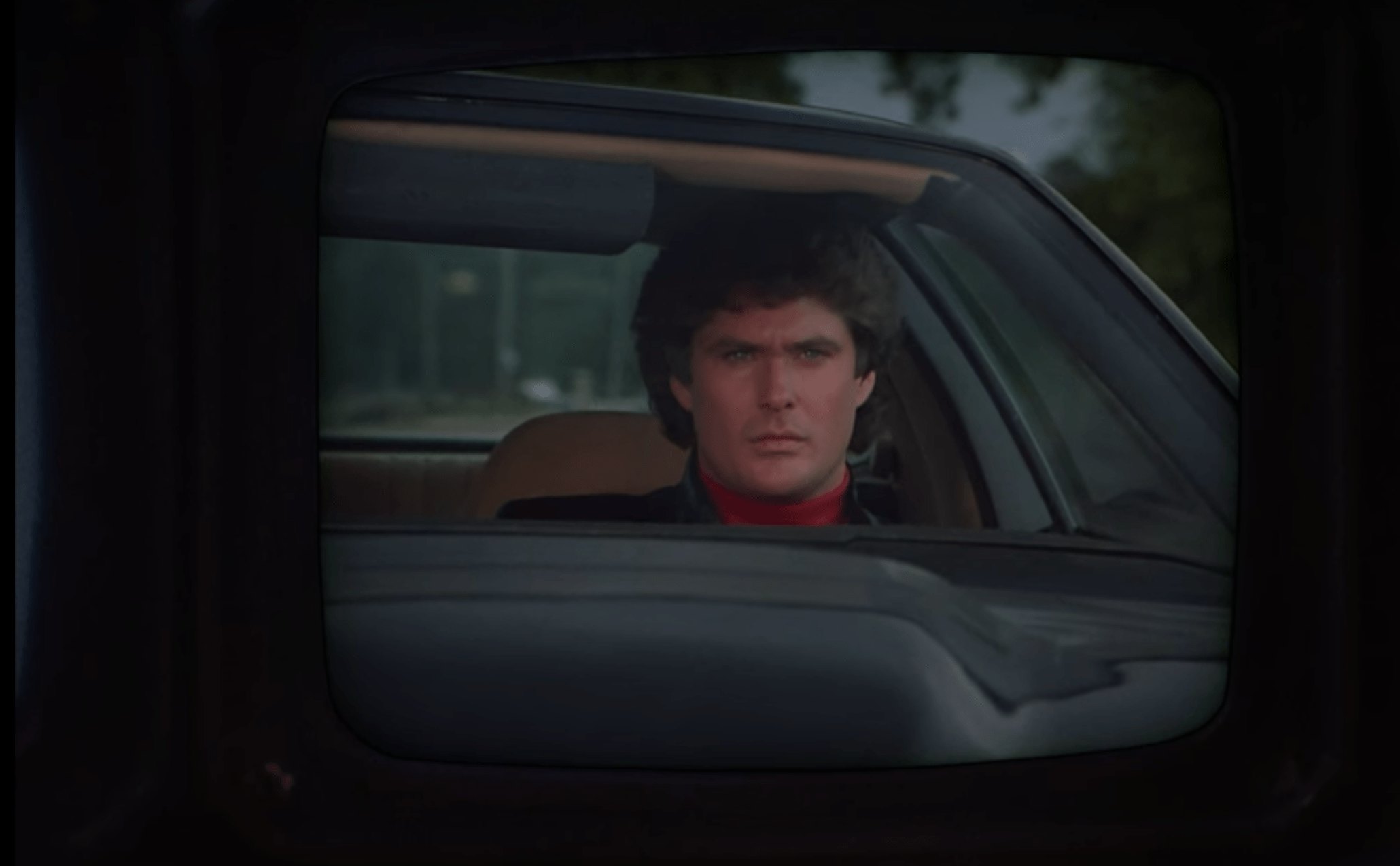
Picture the corniest sci-fi ‘80s TV you can imagine: filled with cheesy one-liners, fast cars, a tough action hero, and retro technology that probably felt cool at the time but now seems incredibly dated.
Now, what if I told you that same show may have predicted a 21st-century technology that could revolutionize the world?
That show is none other than Knight Rider, a 1980s NBC TV show featuring former detective Michael Knight, who takes on bad guys with the help of a superpowered artificially intelligent car known as Knight 2000, or KITT.
As a self-driving car, KITT beat out Elon Musk’s Tesla and other autonomous vehicles by decades — even if only on the small screen. But is the portrayal of KITT on Knight Rider something more than science fiction concocted by Hollywood screenwriters?
In other words: could real self-driving cars actually become sentient? Inverse spoke with experts in AI technology to unpack the science behind this delightfully weird ‘80s action show.
Reel Science is an Inverse series that reveals the real (and fake) science behind your favorite movies and TV.
Is the car in Knight Rider self-aware?

“My car thinks?” Michael Knight incredulously asks when introduced to his revamped superintelligent car, KITT.
According to the show, KITT uses “microprocessors” to not only take control of the vehicle as needed but also to detect the driver’s mood.
“I sense you are in a slightly irritable mood due to fatigue, may I put the car in auto cruise mode for my safety’s sake?” KITT asks Knight after he falls asleep behind the wheel.
Unlike Siri’s stock replies, KITT could talk to its driver with a bespoke response. The car had a personality too, and a snarky one at that, often making jokes at Knight’s expense.
Sven Nyholm, an assistant professor of philosophy at Utrecht University and author of the book Humans and Robots: Ethics, Agency, and Anthropomorphism, tells Inverse that while KITT is still firmly in the realm of science fiction, car companies are working to make some of the sci-fi car’s features a reality.
“There are car companies who are working on cars that will talk to the driver in real life, which will make recommendations and so on, like a sort of Siri or Alexa on wheels,” Nyholm says.
But unlike even the most advanced Tesla, KITT was self-aware. This was a car that could think for itself. That’s far beyond what self-driving cars are capable of right now, Nyholm says.
Can a self-driving car really become sentient?

There might not be any sentient cars on the market today, but could self-driving AI eventually gain sentience? That’s a different question with experts weighing in on both sides.
There are some experts like Japanese robotics researcher Minoru Asada and the German philosopher Thomas Metzinger, who think sentient AI is possible, but most experts think not — even though Elon Musk once referred to Tesla’s self-driving cars as “semi-sentient robots on wheels.”
“There might be a small chance, but it seems unlikely,” Nyholm says.
According to Rahul Rajan, co-founder and chief AI officer of Uplift Labs, it’s a work in progress.
“Self-driving cars were promised years ago and we are still making progress towards it,” he says.
“It’s very hard to predict exactly how the machine will react”
Some experts say that AI will likely be able to mimic humans to a significant degree but not become truly self-aware.
“I think it's possible for AI systems not to be sentient, or at least not to the degree that humans are, and still be able to communicate with unique personalities,” Baobao Zhang, an assistant professor of political science at Syracuse University who researches AI governance, tells Inverse.
Text chatbots are already remarkably good at communicating with humans in many situations, and as text-to-speech AI technology takes off, AI may sound less robotic and more like humans. Zhang says instead of focusing on whether AI are sentient or not, we “also need to consider their ability to influence or manipulate humans regardless of whether they are sentient or not.”
Nyholm says it’s perhaps better that cars aren’t sentient because otherwise, we’d probably have to treat them more like humans and less like cars — a moral conundrum Michael Knight faces when dealing with KITT in Knight Rider.
Should we be worried about autonomous vehicles?

Rajan says that the word “sentient” has a lot of “baggage” and often becomes associated with “consciousness.” Instead, we should understand that humans view AI-powered computers as social actors that need to conform to the same social rules as humans.
“When a computer doesn’t do as we expect there is what we call a ‘breakdown’ in the interaction, and this shifts the focus away from the task at hand,” Rajan explains.
In Knight Rider, KITT is able to override Michael Knight’s wishes to safely drive the vehicle. KITT cannot harm Michael, but he sometimes takes actions Knight isn't comfortable with like speeding up to drive around a truck instead of slowing down. Even without sentience, can autonomous vehicles take actions humans wouldn’t approve of — and should we be concerned about that possibility?
“We should worry about self-driving cars that perform actions that humans would not take themselves,” Nyholm says. “Especially if those are potentially harmful to humans.”
Nyholm cites the example of DeepMind's AlphaGo AI program, which beat humans at chess using methods that wouldn't typically occur to humans — ones we might even think were bad moves.
“In a similar way, perhaps self-driving cars will drive in unusual or unexpected ways, which might optimize their performance,” Nyholm says. “This might be confusing to human drivers on the road.”
Rajan adds that “it’s very hard to predict exactly how the machine will react in every conceivable scenario.” It’s unclear what laws governments will adopt or policies companies will take to hold self-driving accountable for unexplained decisions.
For example, there’s a scene where Knight falls asleep at the wheel and the AI takes over. If the AI committed a traffic violation while Knight was asleep, who would authorities blame? Knight Rider’s premise might be silly, but it raises an interesting question for our near future as self-driving cars become regular fixtures on the road, Rajan says.
“Who is liable for an action that the AI takes?”
Knight Rider is streaming now on Netflix.







